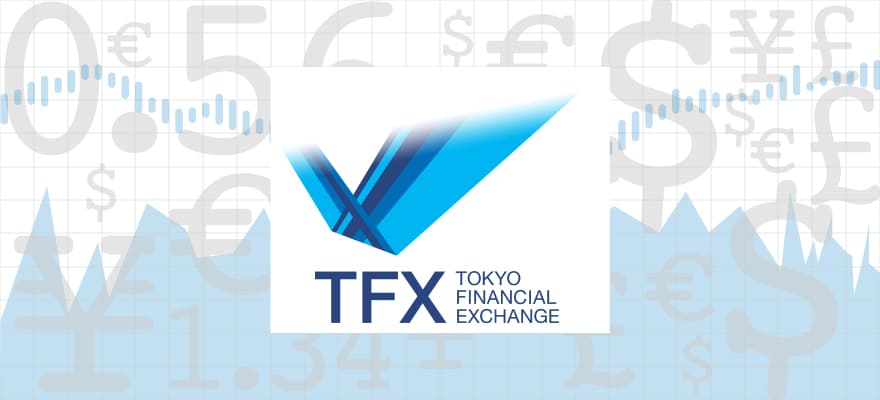After reporting solid trading volumes in August, the Tokyo Financial Exchange (TFX) has published its trading results for the month of September this Tuesday, revealing an overall reduction in trading for the period.
Overall, the combined trading volume for all TFX products in September was 2,399,263 contracts, with an average daily trading volume of 114,628. When measuring this against the previous month, this figure is lower by 43.2 percent. It has also fallen by 12.4 percent year-on-year.
FX trading on TFX falls in September
Taking a look at the total trading volume of foreign exchange (FX) daily futures, the results don’t look much better. For this segment, 1,678,016 contracts were traded through Click 365, with an average daily volume of 79,907 contracts.
Against August of 2019, last month’s trading volume on the Tokyo exchange has dropped by 43.6 percent. It is also lower than that achieved in September of 2018 by 20.4 percent.
Out of the currency pairs traded through Click 365, the Australian dollar/Japanese yen currency pair saw the biggest month-on-month decline in September, sinking by 54 percent with only 140,315 contracts traded during the month. On a yearly comparison, this volume is also lower by 49.3 percent.
The currency pair to see the biggest uptick on a monthly comparison was the British pound/US dollar, with 47,559 contracts traded in September. This translates to an average daily volume of 2,265 contracts. During the month, the cable saw a growth of 61.6 percent month-on-month and 16.8 percent on a yearly measurement.
Trading of equity index daily futures contracts did manage to record a 44.8 percent gain year-on-year, with 646,437 contracts traded in September. This figure, however, is still weaker by 46 percent against August of 2019.
Three-month Euroyen futures was the only segment to achieve a month-on-month increase in the trading volume on TFX. Specifically, the trading volume of this asset class was 74,810 contracts, which is higher by 35.4 percent month-on-month. Nonetheless, when weighing this against the same period of the previous year, trading volume has plunged by 59.5 percent.


















